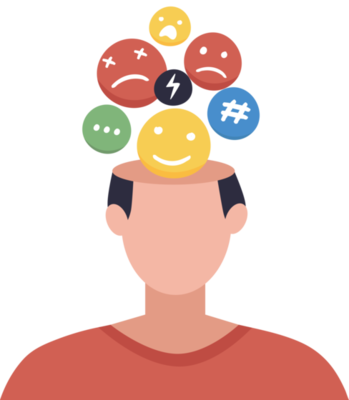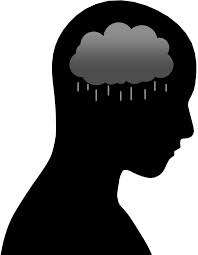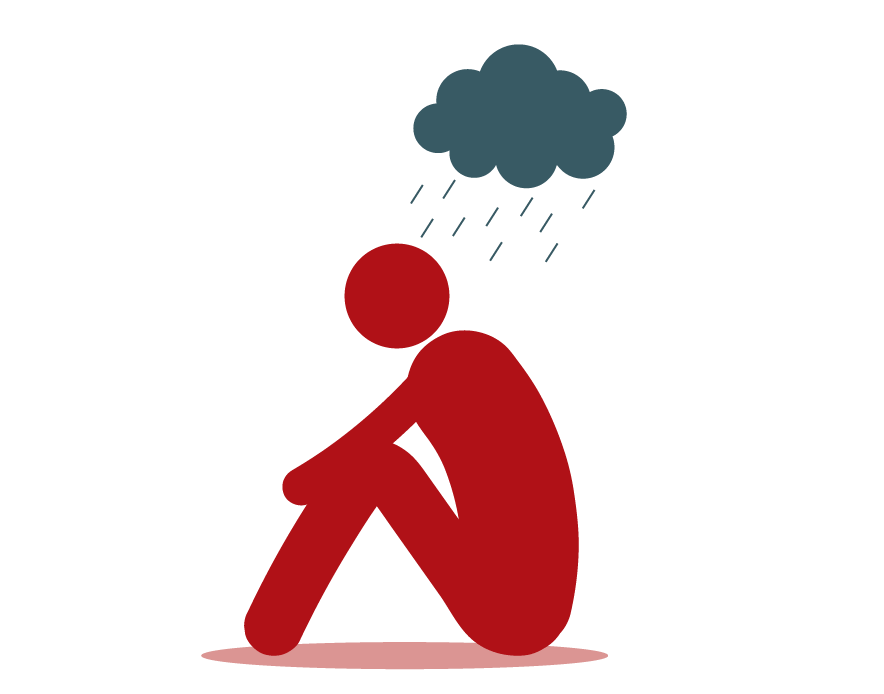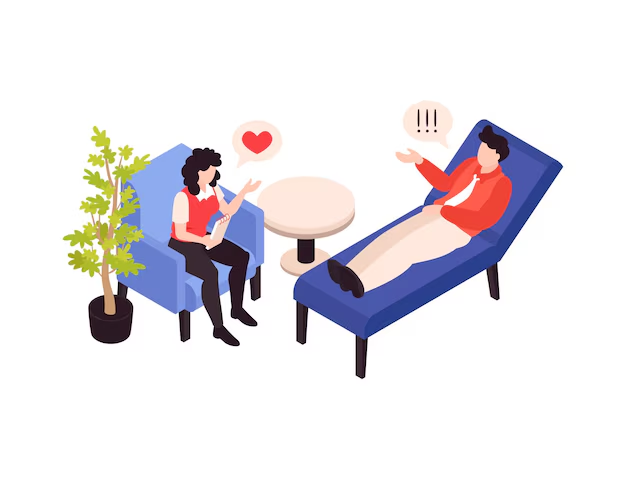AI as a Digital Therapist? Evaluating AI Mental Health Apps
We’ve seen AI take on everything from self-driving cars to writing essays, but can it truly understand human emotions and provide meaningful mental health support? To find out, I explored the world of AI-powered mental health apps to see what they offer, how effective they are, and where they fall short.
I tested several AI-driven mental health tools, including chatbots like Woebot, Wysa, and Replika, and rated their ability to provide emotional support, practical coping strategies, and a sense of connection. Here’s what I discovered.

AI-powered mental health apps are designed to offer support for stress, anxiety, and other emotional challenges. Some are built like chatbots, engaging in conversations to offer comfort and advice. Others focus on guided exercises based on cognitive behavioral therapy (CBT) principles. But do they actually work?
One of the most popular AI mental health tools is the chatbot, designed to simulate a conversation with a therapist or friend. Here’s how they performed:
Woebot
This AI chatbot uses principles of CBT to help reframe negative thoughts. The responses are structured and often helpful, but there’s a clear limit—it doesn’t “understand” emotions the way a human would. Rating: 7/10
Wysa
This chatbot is designed to help users manage stress and anxiety by suggesting exercises and techniques like deep breathing or journaling. Rating: 8/10, more interactive than I expected
Replika
Marketed as a personal AI companion, Replika learns your conversational style and adapts. It can feel surprisingly human-like at times, but sometimes the conversations become repetitive. Rating: 6/10
What AI Chatbots Do Well
- they provide instant 24/7 access to emotional support
- they offer non judgemental conversations, which can be useful for people hesitatnt to open up to a human
- they introduce CBT based techniques, which cna be effective in managing negative thoughts
Where They Fall Short
- AI lacks genuine emotional intelligence - it can be recognize keywords but doesn’t feel emotions
- Responses feel generic and impersonal - especially for complex emotional struggles
- There is no actual human connection which can often be crucial in therapy
AI and Guided Mental Health Exercises: Do They Work?
Beyond chatbots, AI-powered apps like Youper, Sanvello, and MindDoc provide structured mental health exercises to help manage anxiety and depression.
Youper
Uses AI to help track moods and suggest mindfulness techniques. Rating: 7/10
Sanvello
Focuses on evidence-based mental health strategies, with guided meditations and journaling prompts. Rating: 8/10
MindDoc
Offers AI-assisted mood tracking and journaling for people struggling with anxiety and depression. Rating: 6/10
Where do AI Mental Health Apps Succeed
- they help users track emotional patterns over time, which can be valuable for understanding mental health triggers
- they provide structured coping strageies, such as mindfulness and guided breathing exercises
- they offer privacy and accessibility, making mental health tools available to anyone, anywhere
Where do AI Mental Health Apps Struggle
- AI can provide generalized advice, but it lacks the nuance of a human therapist
- They rely heavily on self guided effort, if you don’t engage with the exercises, they won’t be effective
- Severe mental health conditions require human intervention, which AI can’t replace
What Makes AI Mental Health Tools Different from Human Therapy?

The biggest difference between AI driven mental health tools and human therapists is depth and connection
A therapist doesn’t just provide a list of coping mechanisms, they also listen and provide validation based on clients emotions, history and experiences. While AI follows a structured approach based on recognized patterns. It can suggest deep-breathing exercises when you say you’re anxious, but it won’t ask about your childhood or recognize patterns in the way a human therapist would.
AI doesn’t understand emotional nuance. It can recognize words like “sad” or “stressed” but won’t fully grasp sarcasm, deep emotional pain, or the kind of comfort humans offer through shared experiences. A therapist might read body language, notice a change in tone, or offer a moment of silence—things that AI can’t replicate.
That said, AI still has a role to play. It can provide instant access to support when needed and help users build healthy mental habits. It may not replace therapists, but it can complement traditional therapy by offering tools for managing mental health between sessions.
Where Does AI’s Mental Health Support Come From?

AI mental health tools are trained on thousands of therapy transcripts, psychology research papers, and wellness articles. They recognize patterns in human emotions and provide respinses based on CBT principles, mindfullness tecnhniques, and self help strategies. However, they do not possess genuine human empathy or understanding, they mimic supportive behavior rather than truly feeling it
AI learns from data, not experiences, which means it lacks the depth of human insight. But that doesn’t mean it can’t be useful, it just means it should be viewed as a tool rather than a replacement for real human care.
What surprised me about AI mental health apps?
Despite their limitations, AI mental health tools were more helpful than I expected in certain areas
- AI is great at mood tracking, apps like youper and minddoc provided useful insights into emotional patterns, which coukd ve valuable for self reflection
- AI responses felt more human than I expected, some chatbot interactions felt genuinely warm and engaging
- Instant support is a big plus, AI is available 24/7, which is a major advantage for people who need immediate comfort
Can AI Really Help with Mental Health?

Yes - but with limitations
AI mental health tools can provide valuable support, offer coping strategies, and help users track emotions, but they don’t replace the deoth, understanding, and personal connection of humab therapists.
For mild anxiety, stress management, or general emotional well-being, AI-driven apps can be a great starting point. But for deep emotional struggles, complex mental health conditions, or anyone in crisis, human interaction is irreplacable.
Would I trust AI as my sole therapist? Not yet. But am I impressed by how much it can assist in daily mental health maintenance? Absolutely.
AI in mental health isn’t about replacing human connection—it’s about enhancing accesibility and providing support when we need it most. And in that sense, AI might help us feel a little better.